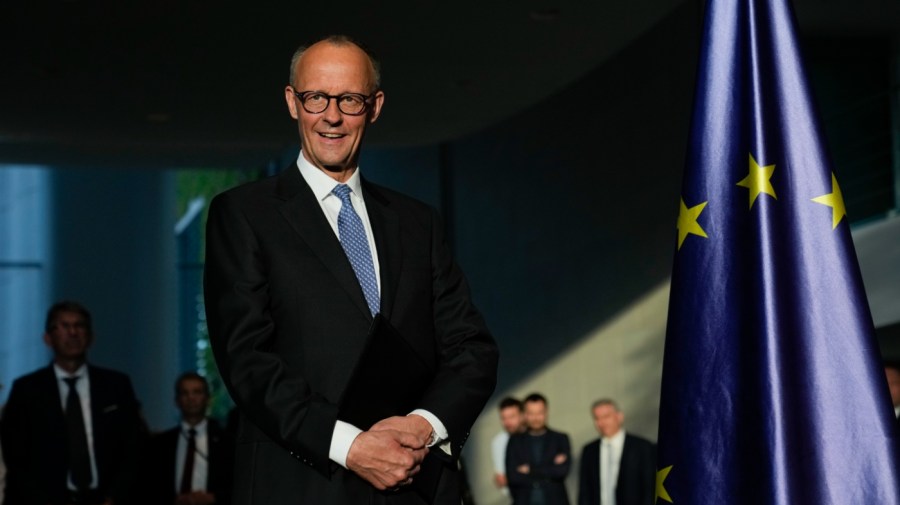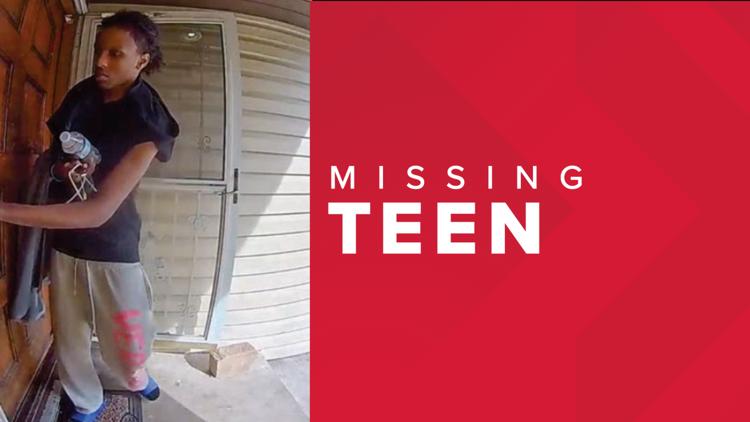What You Need to Know About the Wild Day That Rocked German Politics
Germany’s conservative head, Friedrich Merz, was successfully voted in as chancellor following a significant initial loss during the first round of voting, causing upheaval in the Bundestag, which is the lower house of parliament.
Merz, who heads the center-right Christian Democratic Union (CDU), emerged victorious in the second round of voting, thus becoming the nation’s 10th post-World War II chancellor, taking over from departing Chancellor Olaf Scholz.
Here’s what you should be aware of regarding this significant day in German politics.
No other post-war contender for the position of chancellor failed to win on the initial vote.
Since World War II, every candidate vying to become Chancellor of Germany has succeeded in winning the first vote. Despite being anticipated to triumph, he initially lost, causing ripples across Europe.
Candidates are required to win 316 votes to secure a majority in the Bundestag. In the first round of voting, Merz was six votes short of winning the ballot, earning only 310 votes.
His initial loss caused a dip in the stock market, with the DAX, the index of major German companies, falling by 1.8 percent, according to the
Associated Press.
On the second round of voting, Merz received 325 votes, ensuring his triumph.
It’s not clear who left Merz’s team.
German lawmakers voted on secret ballots, making it unclear who shifted support for Merz.
Shortly after Merz’s loss was announced, Jens Spahn, the head of the center-right Union bloc in the German parliament, appealed to his colleagues about the election’s importance.
“The entire continent of Europe, maybe even the whole globe, is observing this second round of elections,” as stated by him according to the Associated Press.
Merz’s early setback could pose challenges for his coalition’s plans. The alliance, comprising the CDU along with its Bavarian counterpart, the Christian Social Union, intends to stimulate economic growth and handle the threat posed by the far-right, anti-immigration Alternative für Deutschland (AfD) party.
Merz’s coalition is also joined by the center-left Social Democrats, which is led by Scholz, according to the AP.
The election’s impact on Trump’s trade war is unclear
Merz’s alliance aims to rejuvenate the German economy in light of President Trump’s extensive tariffs. Nonetheless, the way ahead for managing ties with one of Germany’s strongest partners seems unclear.
Elon Musk, who acts as a senior advisor to Trump,
wrote an op/ed
In December showing backing for the AfD,
which came in second place during February’s elections
A month later, at a
online gathering for the celebration
Musk stated that Germans should “look past” the “previous generation’s remorse.”
Vice President Vance and Secretary of State Marco Rubio were also
blasted
Germany’s administration has labeled the AfD as an “extremist” political party.
Nevertheless, Merz appears quite optimistic following his victory.
posting on X
in German that he is approaching his service with “bravery and assurance.”
Copyright 2025 Nexstar Media, Inc. All rights reserved. This material may not be published, broadcast, rewritten, or redistributed.
For the latest news, weather, sports, and streaming video, head to The Hill.






